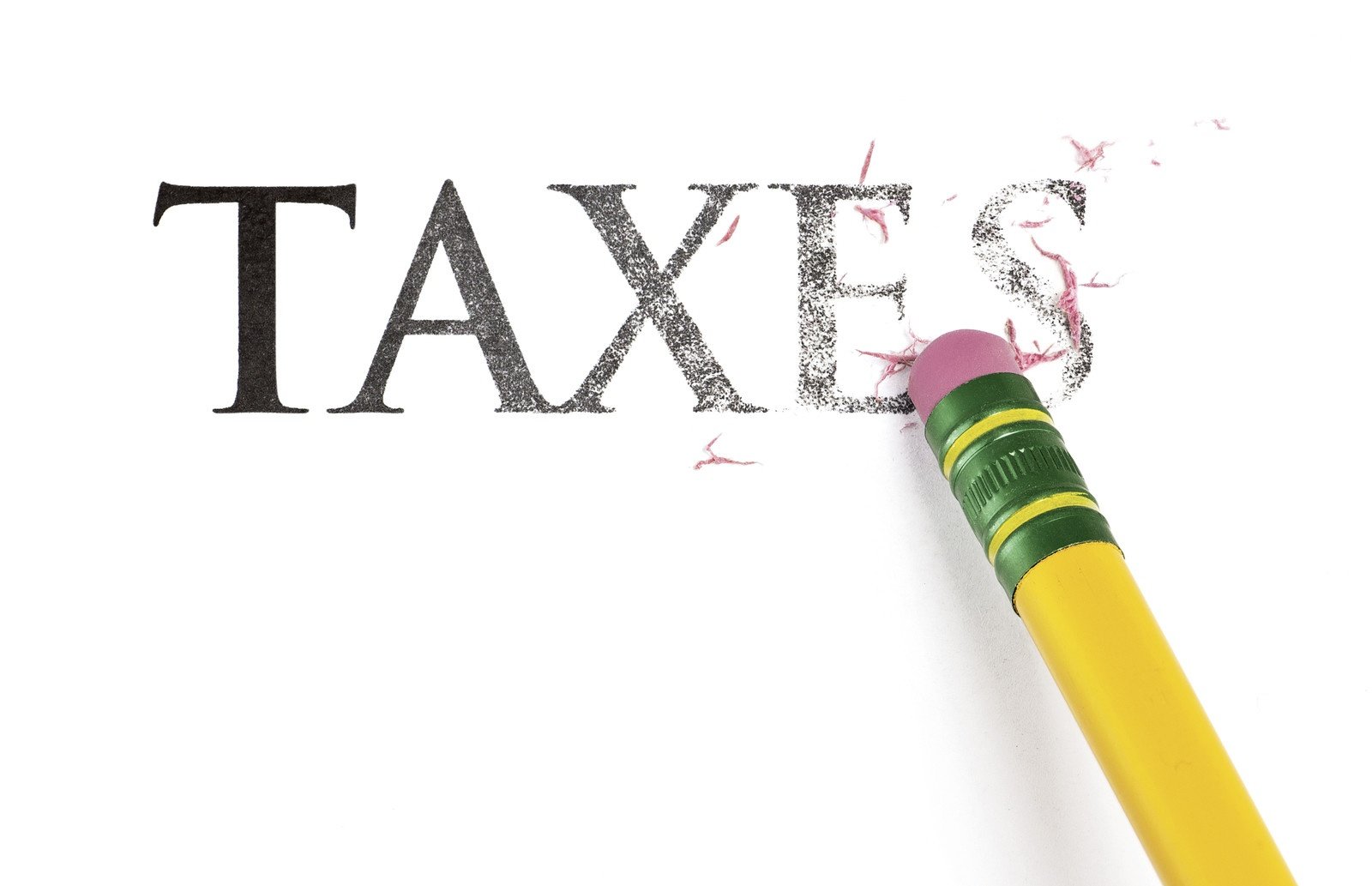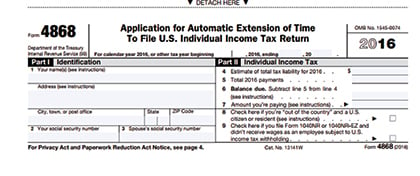Tax season is prime time for scammers and cyber criminals. Beyond identity theft, which is seemingly quite commonplace, tax scams have the dubious distinction of rising to the top of the Better Business Bureau's list of scams in 2016.
According to the Better Business Bureau Scam Tracker, the top ten list includes:
- Tax scams
- Debt collections
- Sweepstakes/prizes/gifts
- Online purchase
- Employment













